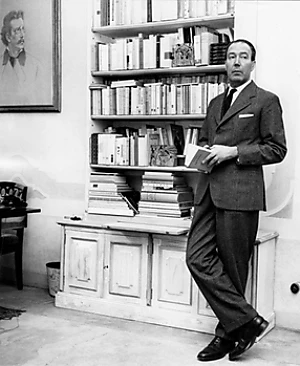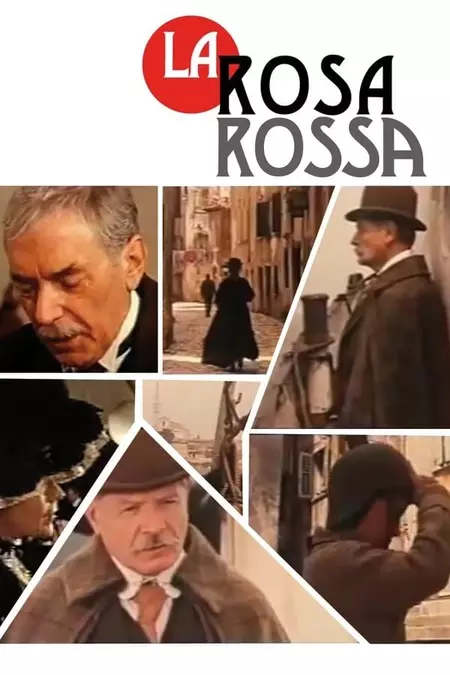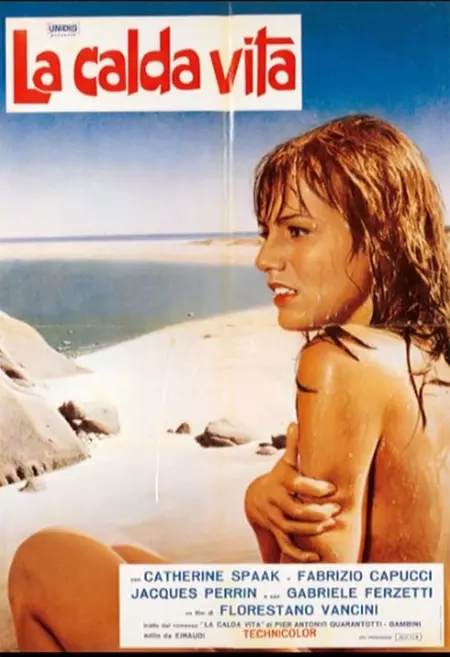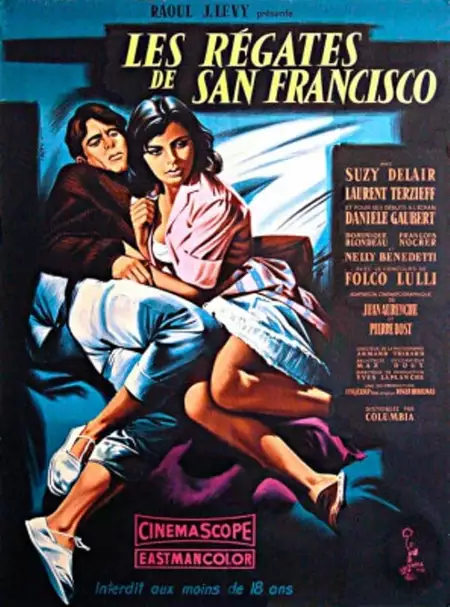
Biography
(No Information)
Filmography
all 3
Movies 3
Writer 2
Information
Known ForWriting
GenderMale
Birthday1910-02-23
Deathday1965-04-22 (55 years old)
Birth PlacePazin, Croatia
CitizenshipsItaly, Kingdom of Italy
AwardsBagutta Prize
This article uses material from Wikipedia.
Last updated:
 Pier Antonio Quarantotti Gambini
Pier Antonio Quarantotti Gambini- Filmography
- Information


